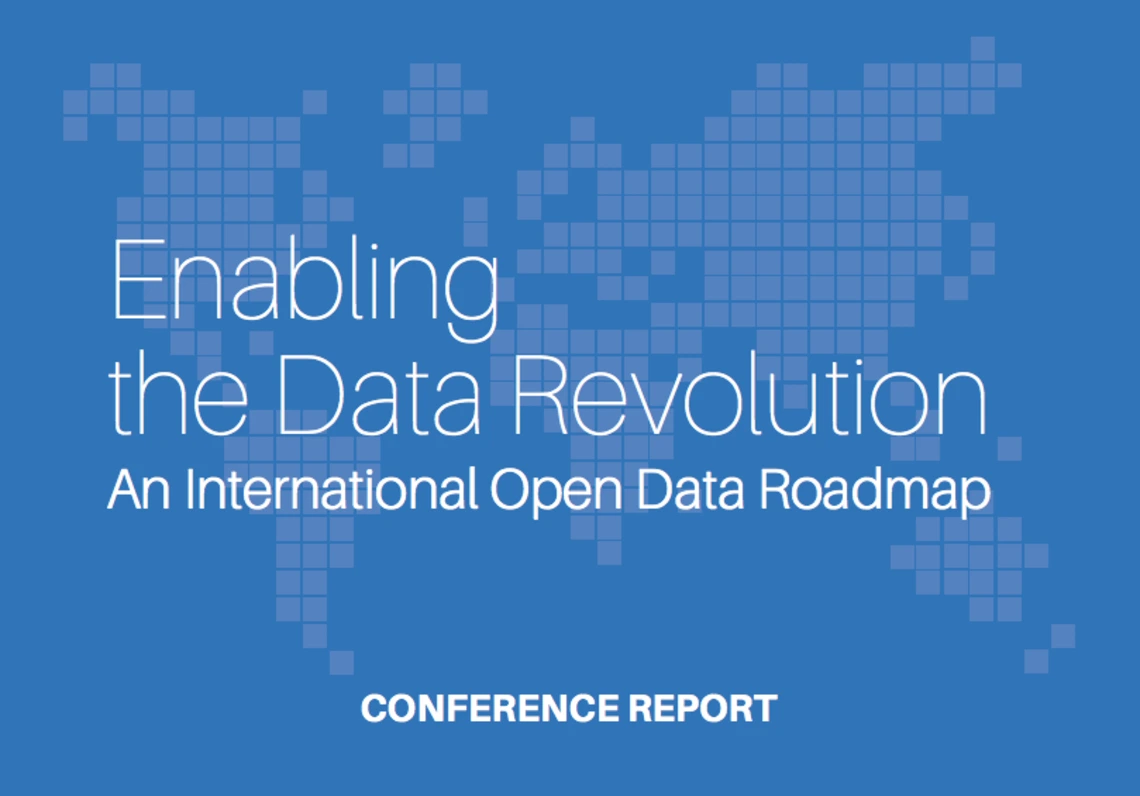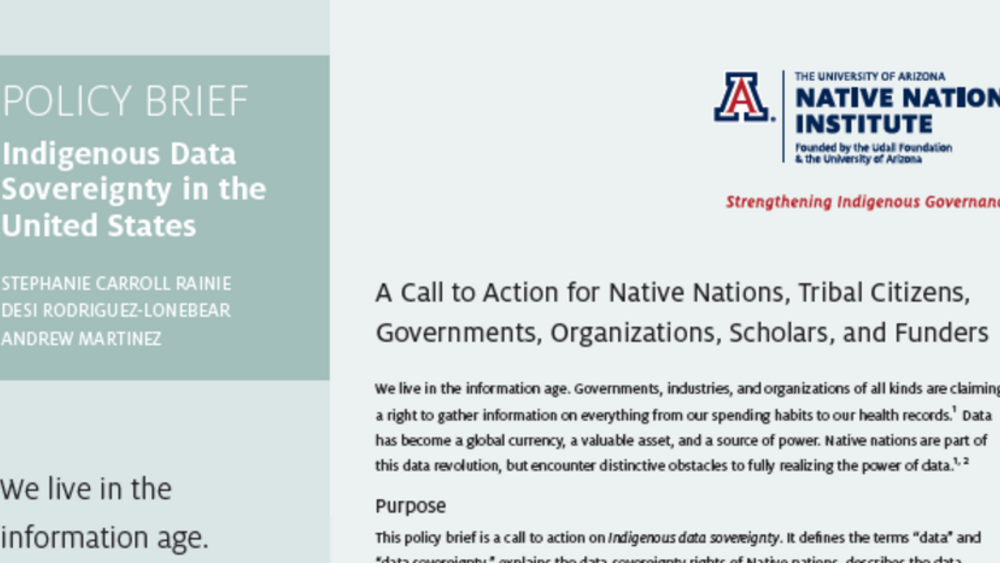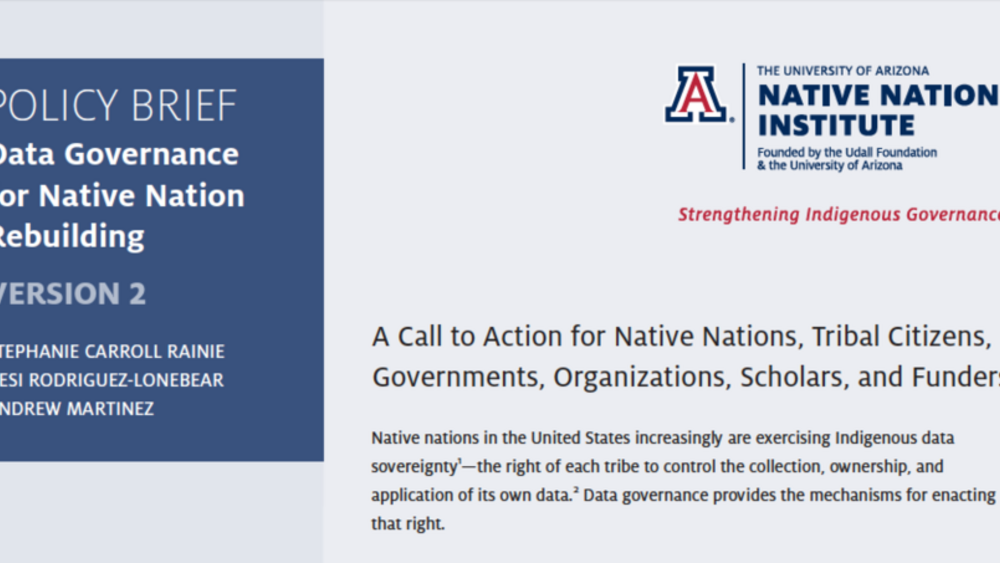Open data in the context of indigenous peoples and communities can be understood as a double-edged sword. On the one hand, open data can help indigenous communities, both internally and externally. Internally, it can be used to inform policy, allocate resources, and set a vision for indigenous communities and spaces; externally, it can be used to influence public opinion, change perceptions of indigenous people, and help them work towards obtaining available resources. On the other hand, the concept of opening up data is accompanied by numerous challenges and concerns pertaining to privacy and indigenous information rights. In this light, various questions come forth, such as: What data do we make open? How will it be opened? To whom will it be opened?
Additional Information
Data + Indigenous People = Indigenous Voices. Enabling the Data Revolution: An International Open Data Roadmap. Conference Report. Page 23. 3rd International Open Data Conference. Ottawa, Ontario, Canada. 2015. Report. (https://assets.ctfassets.net/zo93vwyibclo/web.pdf, accessed April 11, 2023)



